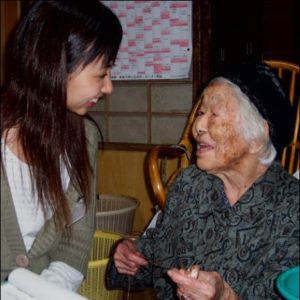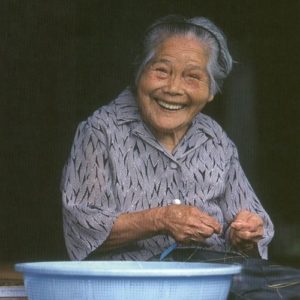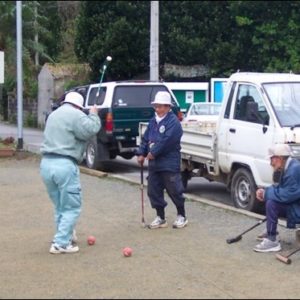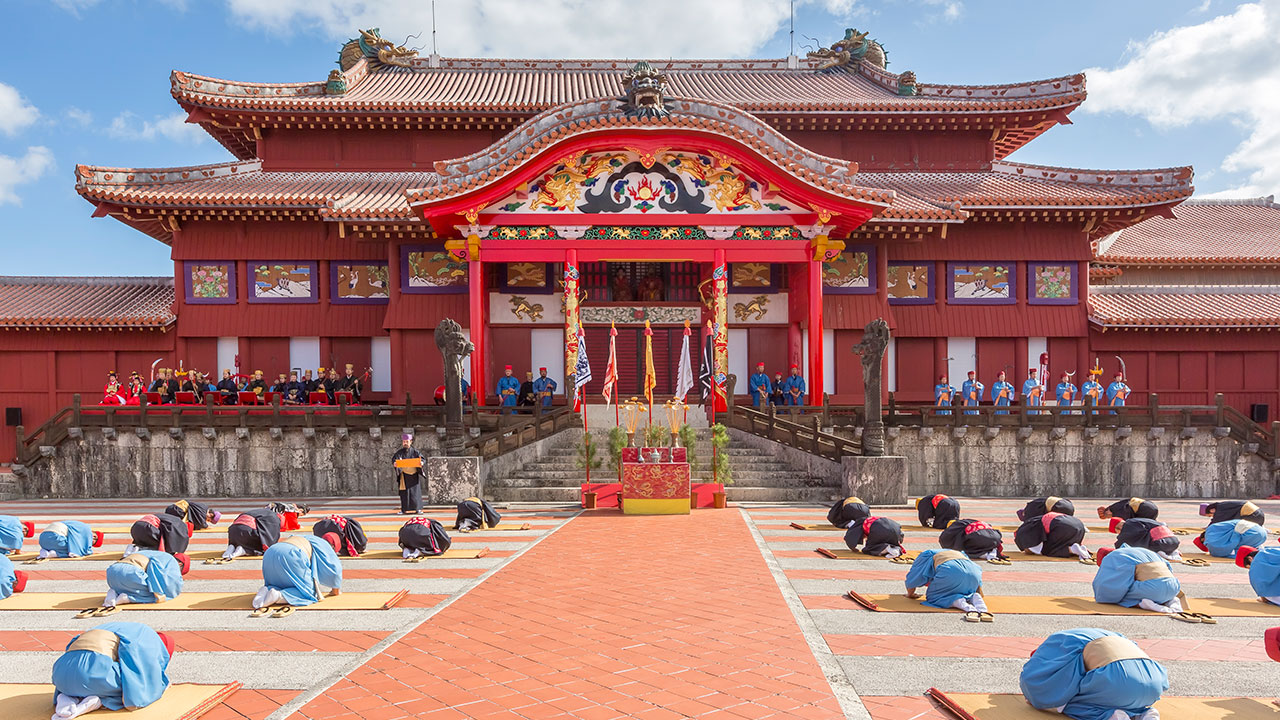





Okinawa Research Center for Longevity Science
The Okinawa Research Center for Longevity Science (ORCLS) is the leading biomedical research institute built on the foundation of the Okinawa Centenarian Study (OCS), the longest, continuously running study of hundred-year-olds in the world (established 1975).
Okinawa Research Center for Longevity Science
The Okinawa Research Center for Longevity Science (ORCLS) is the leading biomedical research institute built on the foundation of the Okinawa Centenarian Study (OCS), the longest, continuously running study of hundred-year-olds in the world (established 1975).
MORE THAN FOUR DECADES OF RESEARCH ON HUMAN HEALTH AND LONGEVITY
The support and cooperation of the local Okinawa community has been invaluable through their participation in the Okinawa Centenarian Study. Over the past several decades, OCS and its participants have made important contributions to our understanding of the aging process and longevity.
MORE THAN FOUR DECADES OF RESEARCH ON HUMAN HEALTH AND LONGEVITY
The support and cooperation of the local Okinawa community has been invaluable through their participation in the Okinawa Centenarian Study. Over the past several decades, OCS and its participants have made important contributions to our understanding of the aging process and longevity.
Today, the multidisciplinary OCS includes interviews and examinations of cumulatively more than 3,000 Okinawan centenarians and younger elders in their seventies, eighties, and nineties, looking for commonalities in underlying genetic and lifestyle factors (and their interactions) that could shed light on their long-term vitality and healthy aging.
Read and learn more about our research findings
Today, the multidisciplinary OCS includes interviews and examinations of cumulatively more than 3,000 Okinawan centenarians and younger elders in their seventies, eighties, and nineties, looking for commonalities in underlying genetic and lifestyle factors (and their interactions) that could shed light on their long-term vitality and healthy aging.
Read and learn more about our research findings
“[Okinawa is] Japan with salsa—a hybrid culture where formal kimonos are streaked with bold geometrics, breezy palm trees grow alongside fluttering cherry, and Japanese precision and punctuality are tempered by an easygoing cadence known locally as ‘Okinawa time.’”
— Franklin, D. 1996. “The healthiest women in the world.” Health 9:56-64.
“[Okinawa is] Japan with salsa—a hybrid culture where formal kimonos are streaked with bold geometrics, breezy palm trees grow alongside fluttering cherry, and Japanese precision and punctuality are tempered by an easygoing cadence known locally as ‘Okinawa time.’”
— Franklin, D. 1996. “The healthiest women in the world.” Health 9:56-64.
HISTORICAL CONTEXT
Before Okinawa was annexed by Japan in 1879, it was the independent Ryukyu Kingdom, which maintained a close tributary relationship with China for over four centuries. Despite more than a century of cultural oppression and assimilation into mainland Japan, major cultural differences persist. These include key differences in identity, language, social organization, religion, art, music and dietary habits. For more than four decades, the ORCLS has sought to better understand the unique lifestyle of Okinawans that has earned their island home its historic reputation as the “land of immortals.”

HISTORICAL CONTEXT
Before Okinawa was annexed by Japan in 1879, it was the independent Ryukyu Kingdom, which maintained a close tributary relationship with China for over four centuries. Despite more than a century of cultural oppression and assimilation into mainland Japan, major cultural differences persist. These include key differences in identity, language, social organization, religion, art, music and dietary habits. For more than four decades, the ORCLS has sought to better understand the unique lifestyle of Okinawans that has earned their island home its historic reputation as the “land of immortals.”
